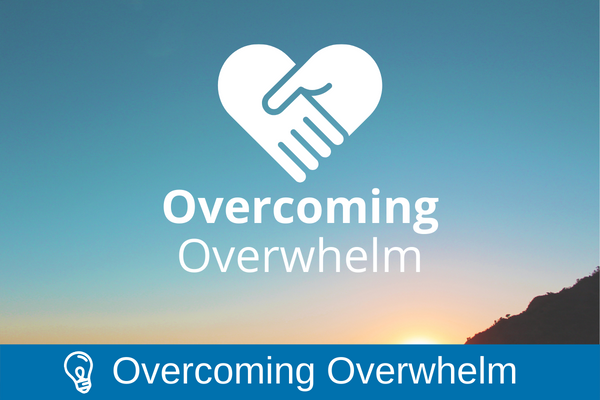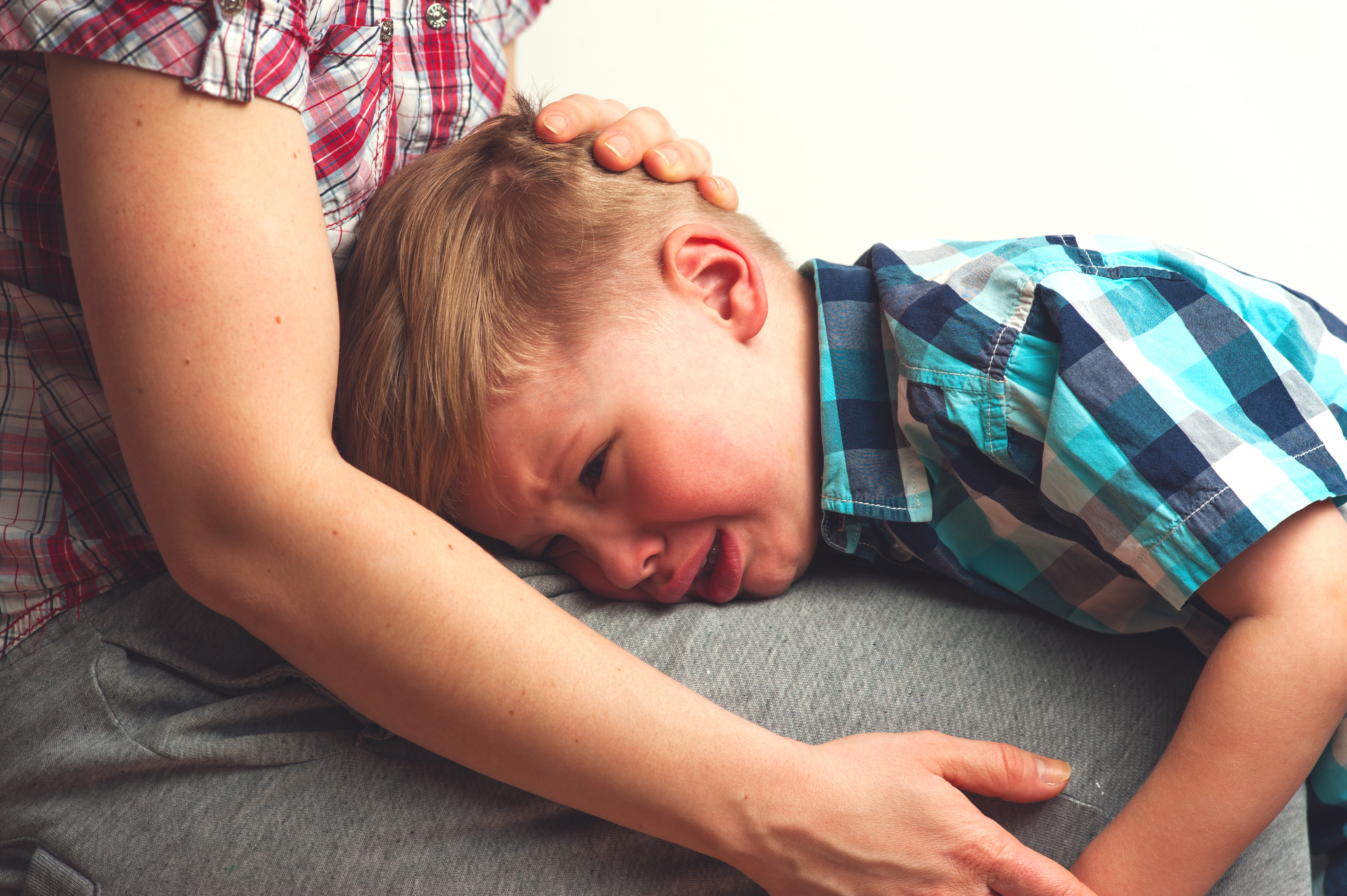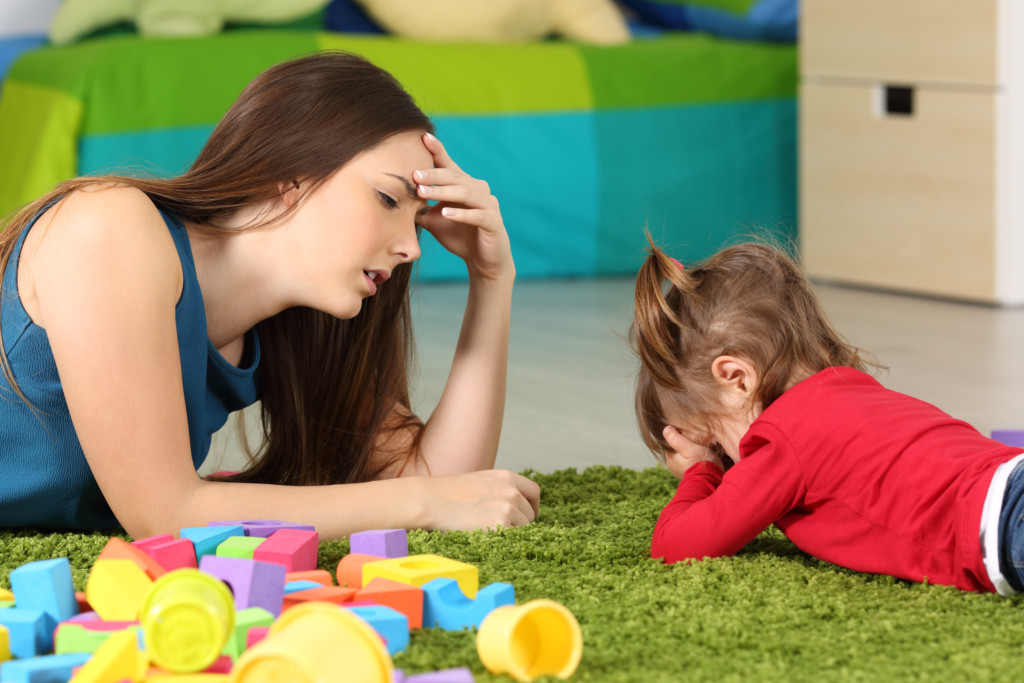Anger is an emotion we need to listen to if we are to better care for ourselves and our loved ones.
Anger is usually indicative of getting close to reaching, or having reached one’s capacity, so action is needed to regain balance. Too many people grew up with the message that anger is bad, hence you are bad when you’re angry, yet we need to learn to view it as an indicator of levels of stress and the extent that needs are being met or not met. The world is not divided into the angry and the not angry people.
Anger and frustration are normal human emotion which most people feel, to one degree or another, most days.
People are at different stages in their ability to deal with their anger, but most people experience it most days at least in the form of irritation and frustration, if not a stronger force of anger that they struggle to contain.
It can really help to gain more understanding of your anger,
as well as developing your ability to respond and act more constructively when anger arises. As well as organizing your life in a way that’s more supportive and less conducive to excess stress, it’s helpful to tune in to the underlying unmet needs, which tend to lead to you feeling frazzled or angry. Creating times for self-reflection is very important if we are to continually grow our awareness of our emotions, thought patterns and patterns of how we relate to both our self and to others. The more you increase your awareness of what provokes your anger, the deeper feelings or patterns that are being triggered, the more equipped you are to respond more constructively to yourself at these difficult times. Hence the more likely you’ll be able to choose a more conscious and kind response to your child at these difficult times.
Anger is a difficult emotion for most people to deal with because;
- it’s very strong and hence stressful
- it’s the emotion that elicits the least empathy and support from other people and
- it can feel scary, people often fear their anger getting out of control, they fear to do or say things that hurt others or those they care about the most
- it’s very challenging for most people to maintain positive self-esteem when they feel anger.
- anger brings with it the desire to lash out and say or do things that may hurt other people or that we may later regret and feel ashamed of.
- Who hasn’t been badly hurt by others who have lashed out when they’ve been angry, leaving us fearing that we’re being “that” angry person when our anger swells up.
The potential to be destructive increases with the intensity of anger.
Anger, like any other strong force, like driving a vehicle, requires a lot of skill and focus if we are to harness that energy positively and avoid being destructive. The purpose of this article is to help you gain a better understanding of why you become angry, and how best to avoid the build up of stress in the first place, and also how to better deal with your anger. With reflection and more mindful awareness of what happens to you before, during or after you get caught in the grip of anger, allows you to begin to transform your anger from being destructive to being a constructive force in your life.
 Peaceful Parenting Suite of Courses provides invaluable help for families dealing with overwhelm! Overcoming Overwhelm eCourse is a just one of the great resources for parents included in the Peaceful Parent Suite of Courses. It’s helpful for parents wishing to reduce their own frustrations and overwhelm and put an end to yelling or stonewalling their child. There are lots of Peaceful Parent Suite resources for families dealing with anger, overwhelm, yelling or aggression who are craving more peace and harmony.
Peaceful Parenting Suite of Courses provides invaluable help for families dealing with overwhelm! Overcoming Overwhelm eCourse is a just one of the great resources for parents included in the Peaceful Parent Suite of Courses. It’s helpful for parents wishing to reduce their own frustrations and overwhelm and put an end to yelling or stonewalling their child. There are lots of Peaceful Parent Suite resources for families dealing with anger, overwhelm, yelling or aggression who are craving more peace and harmony.
Other great member resources include:
The Meeting Aggression With Connection Resource Kit, our Peaceful Parenting Step by Step eCourse which simplifies the PP skills which invite more cooperation, the Mindful Parenting Resource Kit, the Self-Healing Group and the Peaceful Partnering Group and more.
Anger is probably the emotion that is the least accepted and gains the least understanding.
Many people don’t like to admit to others (or even themselves often) that they get angry, they like to show that they are not an “angry person”. Yet, the difficulty that most people have with being honest about feelings of anger is generally because anger has such a bad reputation. It’s difficult for many people to admit to being angry and it’s easy to fear that if others see our anger, they might label us to be an “angry person”. We could all benefit from the understanding and admission that anger is a normal emotion that nobody escapes.
We need to separate out the feelings of anger and the potential actions that people might choose when they’re angry. Being angry doesn’t equate to being aggressive or destructive, we have choice.
Anger arises largely as a result of a feeling of danger, of a perceived threat, be it real or imagined.
Our anger is a communication from the body that needs to be listened to, it can be a cry for help from a part of ourselves that feels threatened, possibly repressed, shamed, invalidated or unseen. The threat may not be attack, it can be aloneness and rejection, which can be just as scary. The danger may be in the present or we might be interpreting something in the present as a danger because it looks or feels in some way, similar to a threat that we experienced in the past, but either way, it’s calling our attention to an important feeling that needs attention. Messages of acceptance, care, acknowledgement and emotional safety and connection are what’s ultimately needed. Rather than fighting fire with fire by getting angry at yourself or your child for being angry, fight fire with water by bringing in soothing emotional care and empathy.
Anger is often a cry for positive action that could lead you to feel more empowered;
perhaps a need to seek support, a need to express thoughts more honestly, express or internally care for your feelings, your worries or other strong emotions. When we can honour and listen to our anger rather than fight it (ignoring, distracting ourselves, venting at others) and make strong positive intentions towards making good changes, speaking our truth and generally allowing ourselves to be more true to ourselves, anger combined with compassion for yourself can give you the energy to bring about powerful and positive changes in your life.
You might also like to read Genevieve’s article; Aggression – why children lash out and what to do. And for adults; Why we explode and how to prevent it. When you purchase our Peaceful Parenting Suite of Courses, you can additionally access; Meeting aggression with connection eCourse (videos and text) and Genevieve’s audio Aggression, hitting and sibling rivalry Also in our resource library, listen to the audio: Parenting when overwhelmed
Being angry doesn’t make you a bad person, just someone with unmet needs.
And the same, of course, is true for our children. If the messages around anger in your family of origin led you to believe that anger is “bad” and led you to feel like a “bad person” when you were angry, then you probably didn’t gain the love, listening and support that you needed when you or another person in the family was angry. What did your parents model around anger? How did they express their anger? If it was repressed, there was probably passive aggression displayed. If it was misdirected, vented at family members, you no doubt felt the painful effects of that.
As adults, the people who challenge us and bring our anger to the surface may be difficult to be around, they may stir up unresolved hurt and anger relating back to the dynamics in our family of origin and the messages received then. These same people are often those you love and need the most! These same people are often our children and partner, or ex-partner or close relatives.
Honouring our anger starts to change anger from our enemy to our ally.
We mostly only hurt others with our anger from a place of desperation, fear and powerlessness. Many of these feelings start to resolve when we learn to acknowledge and honour our anger when we focus on really feeling where we hold this anger in our body and start to listen to its wisdom. One way of honouring our anger can be to share our thoughts and feelings with a trusted and caring friend or counsellor. Sharing with a non-judgmental listener gives us the chance to both listen more deeply to ourselves and hence start to gain the relevant insights that bring clues to changing our situation. Listening to our feelings and being listened to can connect us with our loving heart and bring compassion for self, which always starts to soften and bring release.
Deep down, humans want and need to evolve, heal and be happy.
We NEED release in these trapped internal places and when we deny ourselves healthy release, it’s nearly impossible not to spit it out at those around us. When we do hurt others, like our child, rather than blaming or shaming ourselves, we actually need to have empathy for ourselves and the pain inside and see the conflict that arose as a serious sign that we need to attend to the difficult feelings that have built up. Rather than ignoring, distracting ourselves (which can be a good temporary solution) or generally repressing our anger, it’s valuable to acknowledge and honour the emotional pain of our anger. If we can find even a little bit of compassion for ourselves when we get angry, it can make it a lot easier to think creatively about finding healthy forms of release, like through crying and getting it off our chest to an empathic listener. The same of course is true of our children, a little compassion can really help them find healthier outlets.
We do all need to increase our ability to not misdirect our anger.
And of course, there are many ways that we can take our anger out on others without ever raising a hand or raising our voice. Passive aggression can manifest as stonewalling (purposely ignoring the other person), sarcasm, cynicism, comparisons, favouritism, lecturing, shaming, moralizing, excluding, the list goes on. It’s not so much about trying to always be good and kind, because personal growth is a slow and messy business. But what really helps a lot is to keep increasing our awareness of how we relate. If we can own up ourselves to spitting out resentments in our tone of voice, we’re much more likely to be able to be more honest with the other person, be it our child or partner.
We need to honour our pain; our pain is always valid, always needing love. But how?
There are many ways of releasing this and resolving some of the backlog of held in anger and deeper resentments once we move from either ignoring it or directing it at others and instead take more responsibility for understanding what really triggers it and gaining more release and relief from it.
Developing a loving caring attitude to yourself
A beautiful way of doing this work is through meditations or journalling. There are endless books and youtube clips through which you can learn to use conscious slow breathing or meditation to enter a more calm peaceful centred state. If you start to start to learn to bring yourself into a more present and calm-centred state, and you then bring to mind that which is hurting you and making you angry, it may be easier to gain insights into what truly happens in the muscles and sensations in your body when your anger becomes strong. And you may start to gain deeper insights about that which is driving your anger. For instance, perhaps you might get really in touch with feeling sad and needing to reach out for more support.
Creating a warm connection with yourself with a view to bringing possible insights and release, it can help to give yourself the message that “it’s okay to feel what I feel, it’s safe to feel these feelings”. The aim is to witness and feel the sensations of your anger in your body while staying connected to the peace you accessed when you became centred, then direct the peace into those feelings of anger. To achieve this, it might help to resist the urge to get caught up in the thoughts. The mind always wants to figure it all out, but tell yourself that you can come back to your thoughts later, but right now it’s more valuable to feel, witness and bring feelings of peace and acceptance to the sore feelings inside. This kind of process can bring powerful release and integration. It often brings healing tears and insights, which are great to record in your journal.
Get to know and befriend your angry self.
Writing is a powerful tool for exploring and expressing feelings of anger, rage and resentments. Try writing to your “angry self”, asking how you can free yourself in these situations which are difficult. Ask yourself what do you feel in that part of yourself, what are your needs? Beneath all pain and frustration are important life and life preserving needs seeking your attention. Let your angry self write back to you.
Dear angry self (or just your name), what are you really feeling, how are you, what do you need?
If that part of you wants to really vent, including cursing and swearing and to talk about hate, then excellent, try not to judge it but to see it as detoxification, a release. When feelings that have been stuck become unstuck and start to move with the intention to release and resolve, you’ll on your way back towards greater peace and wellbeing. Write out all the thoughts and feelings that arise, just let that energy flow and keep flowing and trust that it will take you to a good place. Writing moves unconscious belief patterns into the conscious. When they’re in the conscious, we have a lot more power to change. When the strong hurt has been expressed, the energy will likely soften some wisdom and strength may shine through.
Your anger can be the ally of your fear.
For me growing up in a family of extreme abuse, generated a ton of anger and rage inside me that didn’t have an outlet as a child. Finding healthy ways to detoxify and transform all that pain and rage was a very rich learning journey. Yet regardless of whether you had an overall happy and secure childhood or a very dysfunctional one, being a human, and especially dealing with the challenges of juggling all the needs as a parent, developing skills in recognizing, acknowledging and positively channelling anger is very valuable to everyone.
Most people need to be creative to find healthy and constructive ways of harnessing the energy of their anger. Your angry self links you into the powerful primal self who knows that you deserve better, your more instinctive self that has an urge towards self-protection. It’s the part of you that wants to fight for your freedom, the part of you that is very clear about the things that hurt you and cause you shame and confusion. Your angry self is your Warrior Self. When you learn to lovingly listen to, take information from and bring peace and reassurance to your anger, it can be the ally of your fear and powerlessness. When the energy of anger is combined with compassion (com passion = with passion), you really have the power and potential to be a powerful force of positive change in the world.
Sometimes it doesn’t help to delve down into your deeper feelings
If, at the moment in your life, you are dealing with anxiety, perhaps PTSD, effects of trauma, perhaps PND and you feel that your days can feel like walking an emotional tightrope where it takes all you’ve got not to spiral too far down, then you truly need and deserve the support of either a very skilled and empathetic friend or better still a professional counsellor or some kind of therapeutic help, or better still both. If you can relate to some of this and you don’t have the support you can reach out to when big feelings threaten to make it difficult to cope, then this is probably not a good time to deeply explore your feelings because even just that amount of stirring up might make the rest of your day or week too difficult.
You might also like to read:










I’m desperately searching the web for help about my anger and hatred. I’ve seen doctors and have had medication. still angry! but reading this gives me hope and the drive to keep trying, for the sake of my family, I have to succeed.
Dear Reena, I’m glad this resonated with you. It’s great that you at least recognise that the anger is a big issue and are seeking ways to gain relief. I hope you followed this article and read more articles on the website as there are a few that aim to help parents better understand their emotions and gain more emotional release in healthy ways. Make sure you sign up to the newsletter so you keep gaining ideas and inspiration and little bits of help; https://www.peacefulparent.com/start-here/ Also have a look at my Stress Release for Parents CD tracks, it’s very cheap and makes a huge difference for the parents who listen to those tracks regularly.
Thank you for the insights into anger.
[…] help their kids resolve a whole heap of emotions. Stress, fear, anxiety, insecurity, frustration, anger, rage, grief, loss and even the impacts of trauma. Essentially, the whole gamut of emotions that […]
[…] of these essential bonds created fear, anxiety, loss, grief, confusion, guilt, resentment and anger for the […]